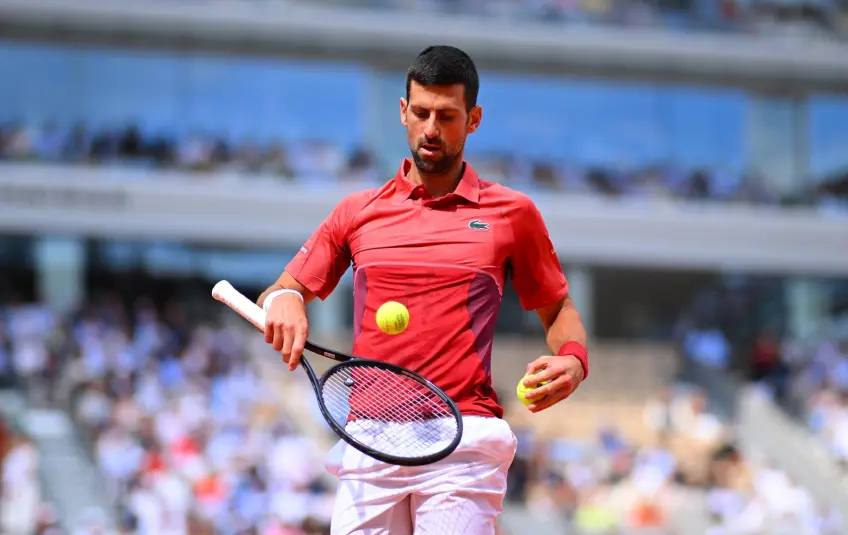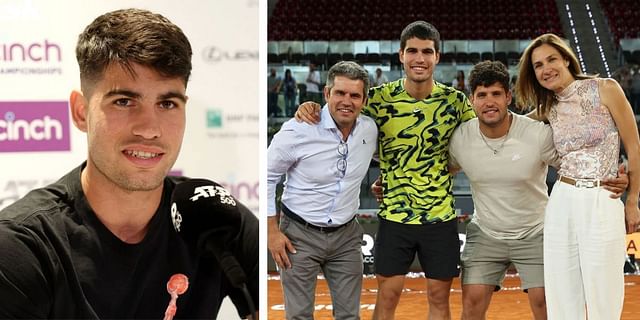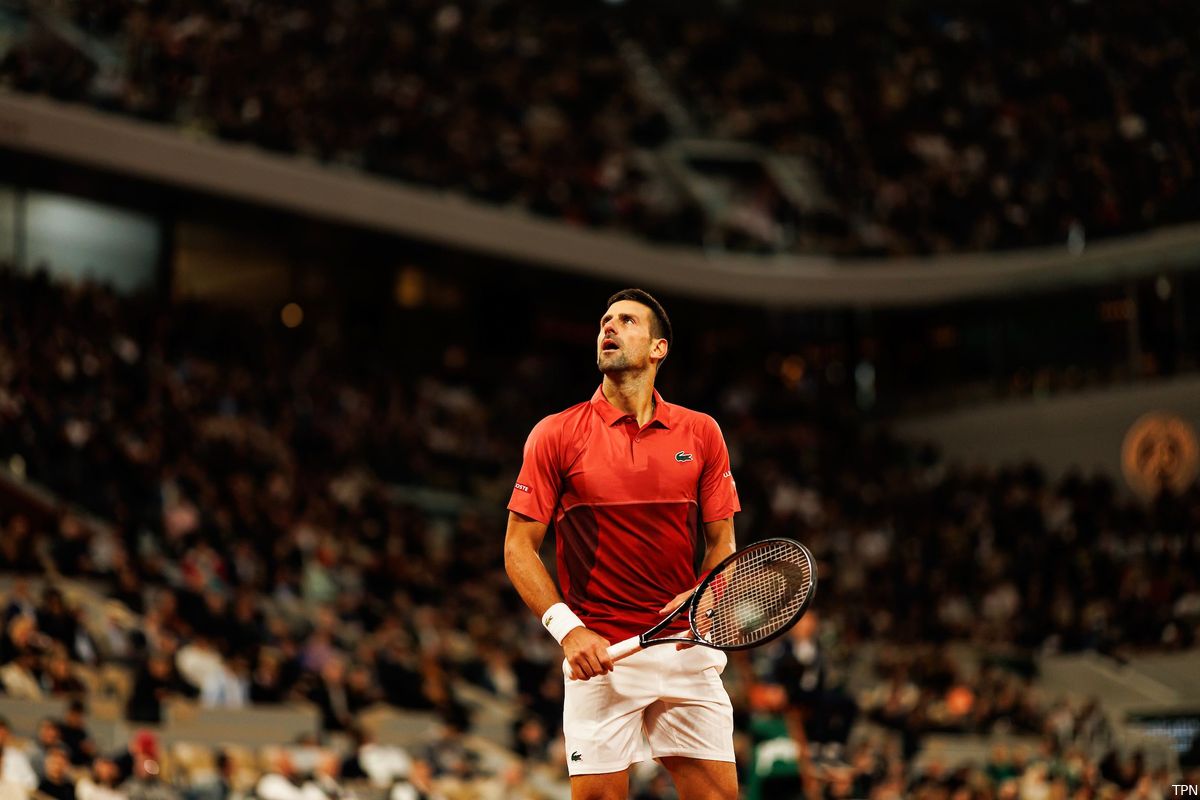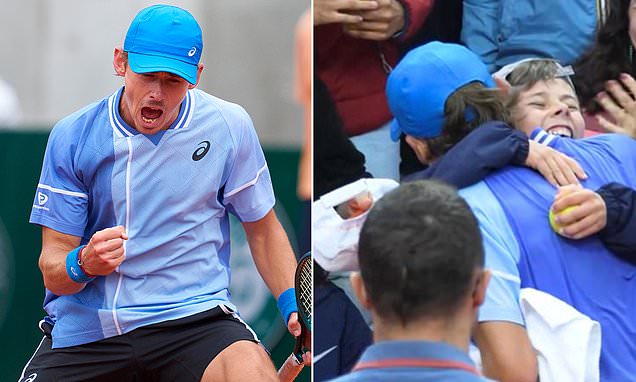Former world No. 1 Andy Roddick has weighed in on the physical demands of elite tennis, specifically concerning Novak Djokovic, one of the sport’s greatest players.
In a candid analysis, Roddick emphasized that Djokovic, despite his extraordinary skills and mental toughness, must be at peak physical condition to continue competing at the highest level.”Novak Djokovic needs his legs at 100% to compete,” Roddick stated in a recent interview.
This comment comes at a time when Djokovic, now 37, has been dealing with increasing physical challenges, including recurring issues with his hamstrings and knees. Roddick insight draws from his own experiences as a former top player who understands the toll that professional tennis takes on the body.
The Physical Toll on Djokovic game is heavily reliant on his exceptional movement and flexibility. Known for his ability to cover the court with astounding speed and agility, Djokovic’s legs are crucial to his defensive prowess and his capacity to turn defense into offense. His remarkable stretch shots and his ability to slide on hard courts are trademarks that have contributed significantly to his 23 Grand Slam titles.However, as he has aged, the physical demands have only intensified.
Djokovic himself has acknowledged the growing challenges, frequently speaking about the rigorous recovery routines he has to follow to maintain his performance levels. His recent struggles with leg injuries have sparked concerns about his ability to sustain the high-intensity play required to dominate opponents.
Roddick’s Perspective Roddick comments reflect a broader understanding of the dynamics at play in professional tennis. “When you’re younger, you can get away with being 90% or even 85% and still find a way to win matches,” Roddick explained. “But at Novak’s age, every little niggle becomes a bigger issue. He can’t afford to be anything less than 100% if he wants to continue competing with the younger, hungrier players.
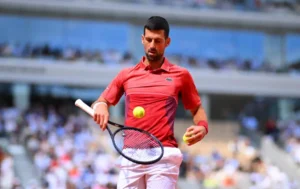
This perspective highlights the narrow margins at the top of men’s tennis. Players like Carlos Alcaraz and Jannik Sinner, both in their early 20 s, are pushing the boundaries with their athleticism and stamina. For Djokovic, maintaining peak physical condition is not just about winning titles but about extending his career and continuing to compete against the next generation.The Legacy and Future of Djokovic Despite the physical challenges, Djokovic has shown remarkable resilience and adaptability. His rigorous approach to diet, fitness, and mental conditioning has set new standards in the sport. However, as Roddick pointed out, the cumulative impact of years on tour and the natural aging process are factors that even the most meticulous regimen cannot completely counteract.
Roddick’s analysis underscores a critical juncture in Djokovic’s career. With a record number of Grand Slam titles and numerous weeks at world No. 1, Djokovic’s legacy is already secure.
The question now is how long he can sustain his elite performance levels. For fans and analysts alike, watching Djokovic navigate this phase is both a testament to his greatness and a poignant reminder of the impermanence of athletic prowess.
The Broader ImplicationsRoddick’s comments also resonate beyond Djokovic, reflecting a broader reality in professional sports. The physical prime of an athlete is finite, and managing the transition as one’s body changes is a universal challenge. Djokovic’s journey can serve as a case study in sports science, highlighting the importance of holistic approaches to athlete health, encompassing physical therapy, nutrition, and mental well-being.As the tennis world continues to evolve, the insights from former champions like Roddick provide valuable context. His honest assessment not only honors Djokovic’s remarkable career but also invites reflection on the enduring human spirit in the face of inevitable physical decline.In summary, Andy Roddick’s candid analysis about Novak Djokovic needing his legs at 100% to compete underscores the critical role of physical fitness in tennis longevity. It highlights the challenges faced by aging athletes and serves as a reminder of the relentless demands of professional sports. Djokovic’s ability to adapt and overcome these challenges will be a key storyline in the twilight of his illustrious career.
